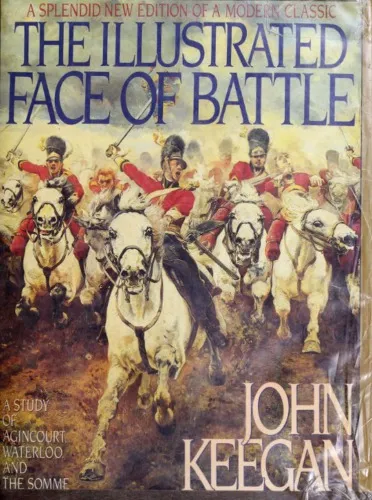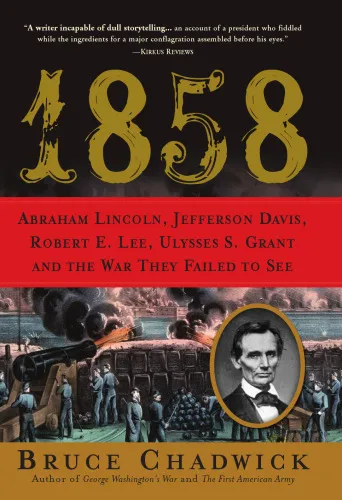Women's History Review
4.0
Reviews from our users

You Can Ask your questions from this book's AI after Login
Each download or ask from book AI costs 2 points. To earn more free points, please visit the Points Guide Page and complete some valuable actions.Related Refrences:
Analytical Summary
The book Women's History Reviewpp.577—596 dives deeply into the layered complexities of women's historical narratives, examining representations, omissions, and reinterpretations within both scholarly discourse and public history. Written with academic precision, it offers readers a critical gateway into understanding not only the events and personalities that have shaped women's history, but also the evolving methodologies that frame such narratives in the modern age.
Rooted in gender studies scholarship, this work assesses diverse archival sources, oral histories, and historiographical debates. By spanning multiple contexts—from political movements to cultural production—it reveals how women's contributions have been recorded, remembered, or in some cases deliberately obscured. This text is not simply a chronological account but rather a nuanced analytical mosaic that challenges traditional narratives and advocates for inclusivity in historical representation.
Information such as the publication year and awards received is unavailable due to no reliable public source providing exact details. Nevertheless, the depth and rigor of the analysis are evident, demonstrating why Women's History Reviewpp.577—596 continues to resonate among academics, researchers, and professionals committed to uncovering hidden histories.
Key Takeaways
The most significant insights from Women's History Reviewpp.577—596 revolve around the recognition of women's historical presence, critical examination of historical narratives, and the call for methodological innovation in gender scholarship.
Firstly, women's contributions, whether in public leadership or private spheres, must be documented with care and context, ensuring balanced representation.
Secondly, historiographical analysis reveals persistent biases in source selection and interpretation, urging contemporary historians to apply a more reflexive approach.
Thirdly, the synthesis of interdisciplinary perspectives—combining sociology, political science, and cultural analysis—proves invaluable in drawing a fuller picture of women's histories.
Finally, the text underscores the need for accessible, inclusive historical narratives that can inform both scholarly work and public understanding.
Memorable Quotes
History is never neutral; it reflects the priorities and perspectives of those who record it.Unknown
To recover women's past is to reshape our collective understanding of the present.Unknown
Silence in the archives speaks volumes about the structures of power in society.Unknown
Why This Book Matters
Women's History Reviewpp.577—596 is pivotal for anyone seeking to evaluate how the stories of women have been constructed, contested, and preserved in historical scholarship.
The focus on gender studies scholarship situates the work within a broader movement advocating for historical equity. It engages deeply with themes of representation, showing how inaccuracies and omissions can perpetuate systemic misconceptions about women's roles.
Beyond its academic contributions, it stimulates critical reflection among professionals across disciplines—from educators developing curricula to policy-makers addressing gender disparities. Its arguments encourage an active re-shaping of the historical canon, making it essential reading for those committed to informed social change.
Inspiring Conclusion
In conclusion, Women's History Reviewpp.577—596 stands as a powerful resource for reshaping our comprehension of the past through a gendered lens.
By critically engaging with entrenched historiographical practices, this work inspires readers to not only absorb its insights but also contribute to ongoing debates about representation and equity in historical narratives. Whether you are an academic, a student, or a policy-focused professional, the book offers a foundation upon which to build more inclusive histories.
The next step is clear: read Women's History Reviewpp.577—596, share its analyses, and discuss its implications within your scholarly and professional communities. In doing so, you help ensure that women's voices are integrated into the living memory of our shared human story.
Free Direct Download
You Can Download this book after Login
Accessing books through legal platforms and public libraries not only supports the rights of authors and publishers but also contributes to the sustainability of reading culture. Before downloading, please take a moment to consider these options.
Find this book on other platforms:
WorldCat helps you find books in libraries worldwide.
See ratings, reviews, and discussions on Goodreads.
Find and buy rare or used books on AbeBooks.





